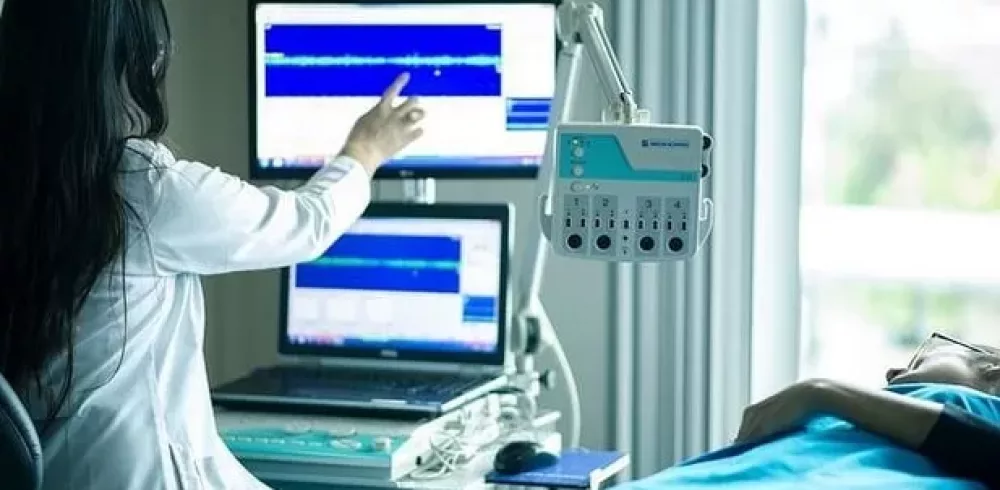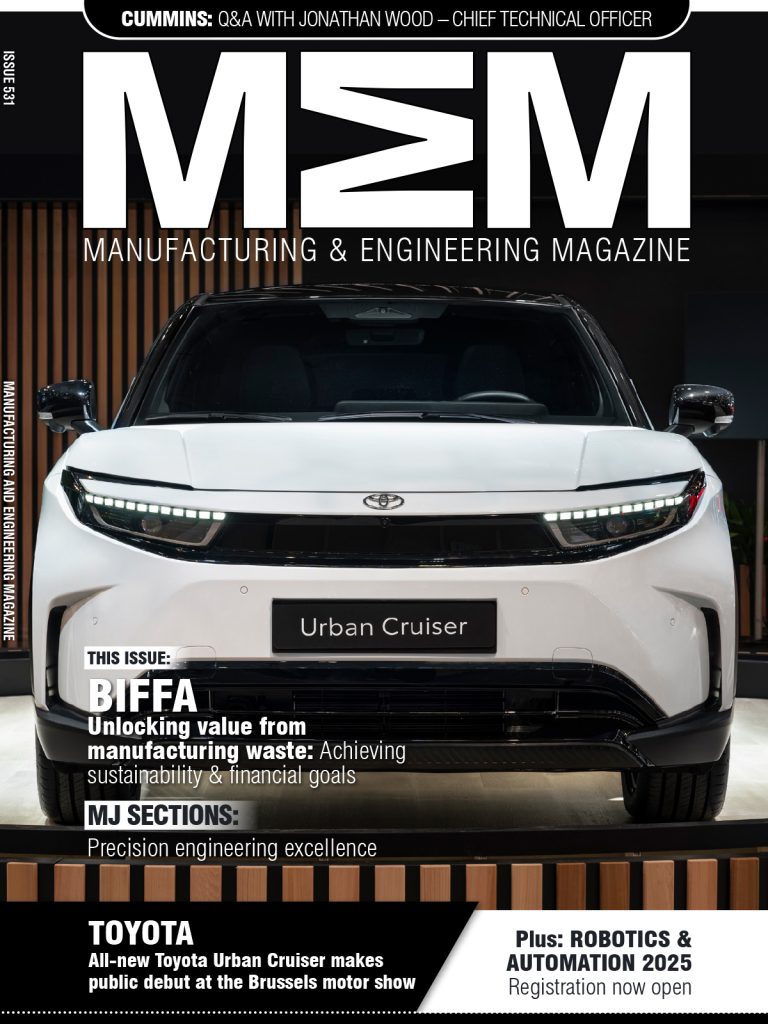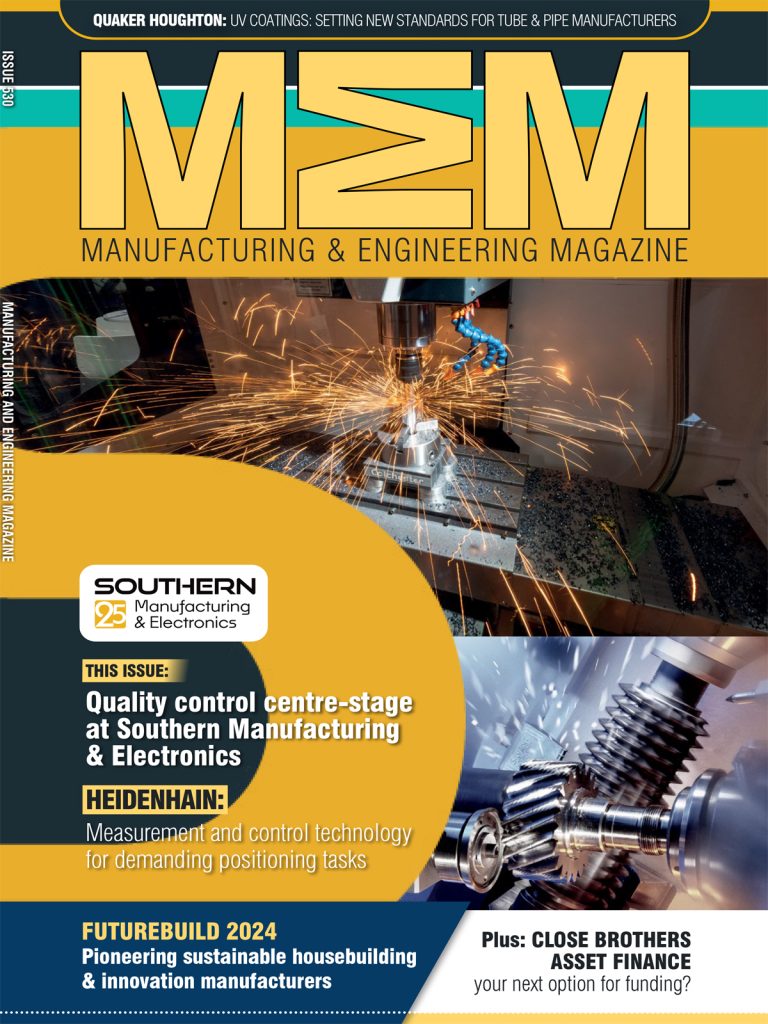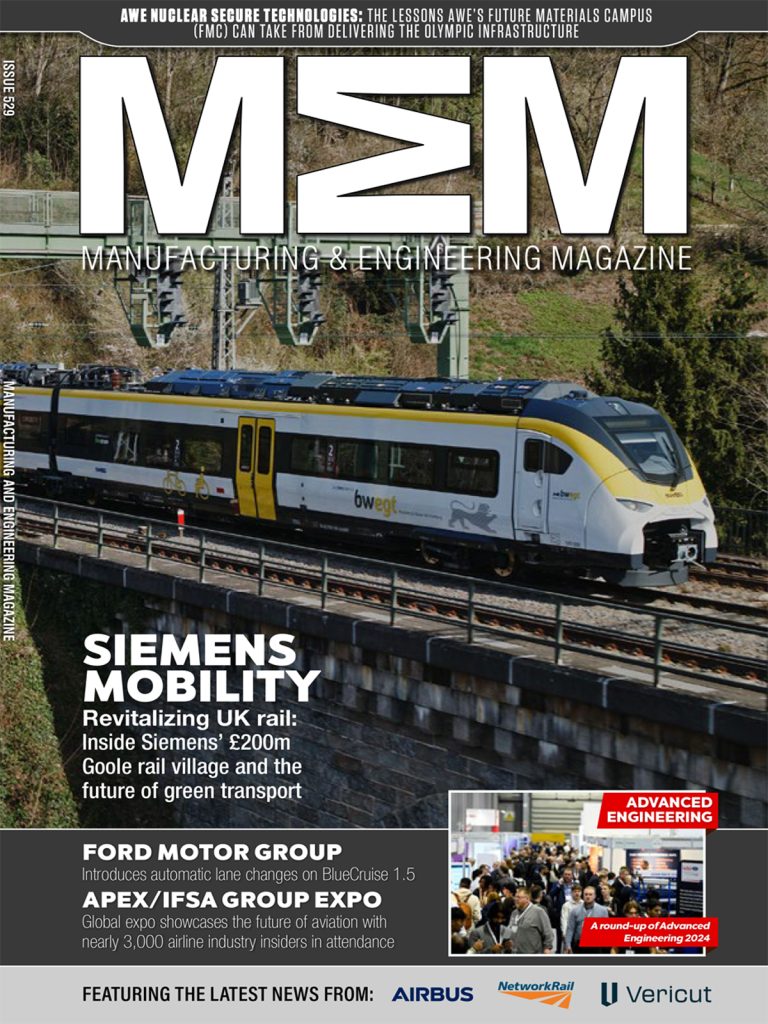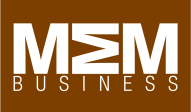5 Factors to Consider When Leasing Medical Equipment : The global healthcare equipment leasing market was estimated at $40.3 billion in 2020 and is expected to reach $59.8 billion by 2027. Leasing offers a quick and cheap way for medical facilities to acquire the equipment they need without losing cash flow, making healthcare affordable. It allows them to keep up with changing technology to offer high-end, more efficient, and reliable medical services. Here are some factors to consider when leasing medical equipment.
1. Availability of technical expertise
A medical equipment lessor should have the technical knowledge required to advise his lessees on the best equipment that suits their practice. Additionally, medical equipment such as flow cytometers and cardiology ultrasound machines require regular maintenance. A trustworthy and reliable vendor will provide equipment maintenance and repair throughout the lease period. They will also have preventive maintenance schedules to ensure the equipment is always at its best condition, reducing downtimes.
2. Reliability of the lessor
Before signing the lease agreement, conduct a background check on your potential lessor by visiting their website to read the reviews and testimonials from past lessees. You may also consider reaching out to some of their former clients to confirm the vendor’s reliability and how they respond to equipment breakdowns to lower downtimes.
3. Quality of the equipment on lease
Quality healthcare and patient satisfaction are the mission of every healthcare center. Ensure that the equipment on lease is of impeccable quality to guarantee high-quality service throughout the lease period. In addition, ensure that you get the right software for the equipment to enable you and your staff to enjoy advanced technology while delivering quality healthcare services.
4. The lease options available
Different leasing companies offer different lease options for various equipment. The fair market value lease is available to the lessee for a specified period at a fixed monthly payment, and the lessee may purchase the equipment at a predefined fair market value, return or upgrade to a new one when the lease term lapses. This lease option is ideal for a facility that doesn’t want to use the equipment to the end of the lease.
Additionally, there’s the $1 buyout lease where you make a higher monthly payment than the fair market value. However, the lessee buys the medical equipment for $1 when the lease term lapses. It’s ideal for equipment where obsolescence isn’t a problem.
5. Credit score
Even though lease payments are flexible, the ability to pay depends on the lessee’s personal and medical business’s credit. Although it’s not the only determinant of whether you’ll get the equipment, the credit score is among the deciding factors. For instance, if you don’t meet the set credit score criteria, you can still qualify for a lease by making a hefty security deposit and offering collateral, ensuring that your healthcare business has a good cash flow, or getting a cosigner. Your business’s cash flow is crucial in determining whether you qualify for a lease, as a positive cash flow assures the lessors of your capability to pay the monthly fixed lease.
Endnote
Leasing is an excellent option for healthcare facilities that want to keep up with changing technology without spending a fortune purchasing medical equipment. These factors will come in handy when you decide to lease medical equipment.
Manufacturing & Engineering Magazine | The Home of Manufacturing Industry News




